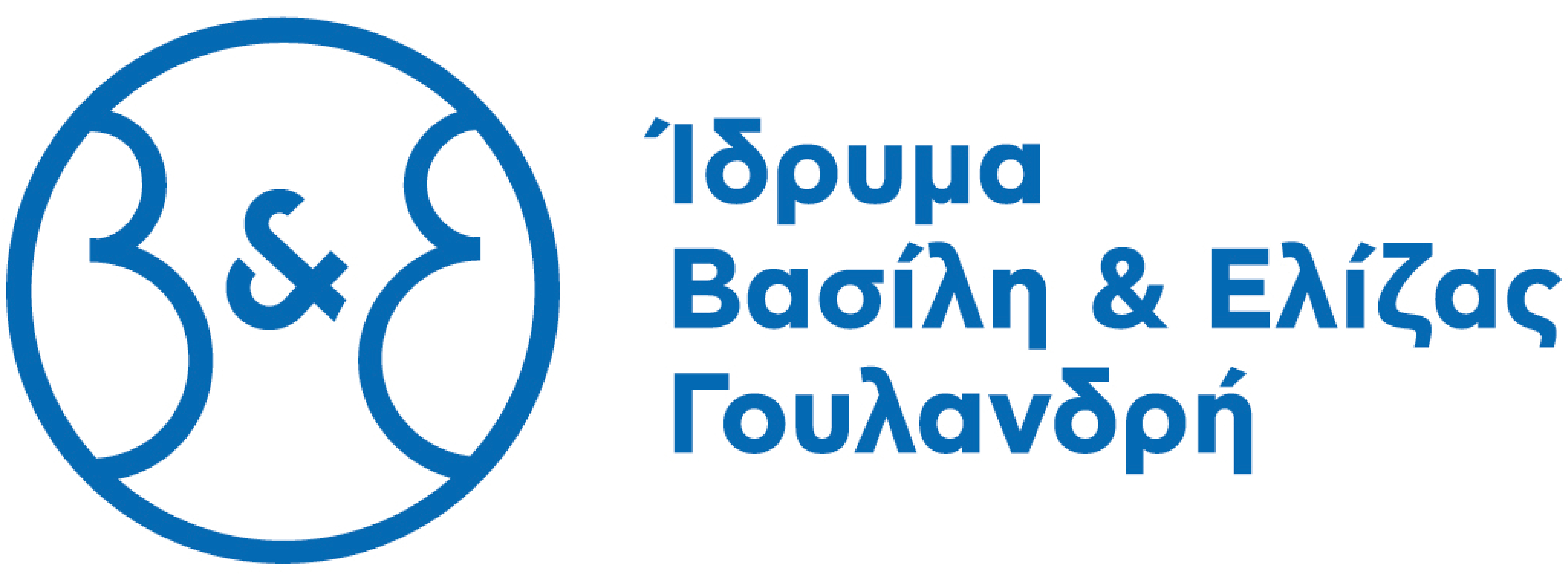Contact
ADDRESS
STAVROS NIARCHOS FOUNDATION
CULTURAL CENTER
364 Syggrou Avenue, Kallithea
TEL.
Box Office:
+30 213 0885700
Box Office email:
boxoffice@nationalopera.gr
Daily 09.00-21.00
info@nationalopera.gr
Register to our Newsletter

Starts at: 19.30


A lecture on the texture of music and prayer and the unique way they intertwine within opera.
Prayer and music are two worlds that are interconnected in a unique way, since both constitute communication between man and the immaterial world and, in fact, unite the immaterial with the material world.
Prayer is the effort, the need to rise above our material existence and approach, to communicate - and perhaps unite, even momentarily, with the Divine - whatever the religion or doctrine that each one embraces may be. That is, a transcendental connection between the material and incorporeal worlds. The power generated when these two worlds unite – namely, when human prayer is conveyed through music – tends to create intense emotional upheaval and transcendental ecstasy.
In opera, there is a great number and variety of prayers: to God, the Virgin Mary, the angels, and, depending on the subject, to pre-Christian gods. Composers like Mozart, Rossini, Verdi, Puccini, Massenet, Wagner, and many contemporaries composed prayers for all types of lyrical voices –soprano, mezzo, tenor, baritone, bass as well as choir– and human states and emotions: ecstasy, despair, fear, complaint, invocation of protection, and thanksgiving as an expression of gratitude. Usually these prayers are written during the most dramatic and/or moving moments in the plot of those works.
— Helena Matheopoulos
BRIEF BIOGRAPHICAL NOTE
Helena Matheopoulos
Born in Athens, she studied medieval history at University College London, where she lived until recently. She has worked as a journalist for magazines and newspapers The Tatler, The Daily Express, The Times, as a regular contributor to Sunday Times, Gramophone, Vogue Greece and ΒΗΜΑdonna and as an associate editor for Opera Now magazine. Between 1991-1996 she was a special advisor and spokesperson for Athens Concert Hall in the UK, while between 1996-2004 she was responsible for distribution of the vocal department of the Philharmonia Orchestra. Many of her books, such as Maestro: Encounters with Conductors of Today (called "Music Book of the Year" by Stereo Review), Bravo: Today's Tenors, Baritones and Basses Discuss their Roles, Diva: Today's Sopranos and Mezzos Discuss their Roles and the Art of Singing, Diva: The New Generation and Placido Domingo: My Roles on Stage have been translated into several languages. She has also developed an international career as a lecturer on music topics in England, France, Switzerland, the USA and Canada.
STAVROS NIARCHOS FOUNDATION
CULTURAL CENTER
364 Syggrou Avenue, Kallithea
Box Office:
+30 213 0885700
Box Office email:
boxoffice@nationalopera.gr
Daily 09.00-21.00
info@nationalopera.gr